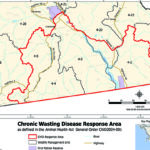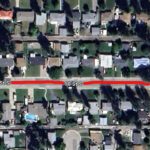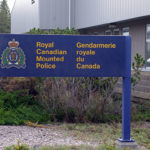Home »

WildSafeBC reports rise in sightings of raccoons
Racoons are being sighted more frequently in Cranbrook and Kimberley than in the past.
When racoons become familiar with a certain food source, within city limits they can become a nuisance. Food-conditioned and human habituated raccoons become bolder around humans and when this happens, conflict often ensues.
Racoons are omnivores and will exploit a wide variety of food sources within city limits including aquatic animals found in shallow streams and ponds. They can also cause significant damage to gardens, buildings, crops, and livestock in their search for food and denning sites.
Some people feed raccoons under the mistaken idea that this helps the racoons. Food-conditioned and human habituated raccoons become bolder around humans and are then far more likely to come into conflict.
Since raccoons can cause significant damage to buildings and gardens, etc., in their search for food, it is best to ensure they do not become comfortable in your yard. Therefore, garbage should be stored indoors until the day of collection, feed pets indoors (or take in any feed that is not eaten if fed outdoors), take bird feeders down until winter and, keep barbecue grills and grease traps clean.
It is possible to prevent raccoons from denning inside your house or outbuildings by sealing up any holes or potential entrances. This is best done before March, or after August, to avoid separating family units that may already be inside.
Remember, raccoons can become aggressive towards humans if cornered or handled. Given their small size, they do not pose a serious threat but are capable of inflicting minor injuries. If approached by a raccoon, scare it away by yelling, clapping or making noise. Never attempt to approach a raccoon. Like all wildlife, raccoons can act aggressively if they feel threatened.
Call the Conservation Officer Service reporting line (1-877-952-7277) to report any raccoons acting aggressively. Thank you for helping keep wildlife wild and communities safe.
Lead image: Raccoon on a bird feeder. Photo retrieved from WildSafeBC website by WSBC Coordinator Danica Roussy.
Kimberley/Cranbrook WildSafeBC







